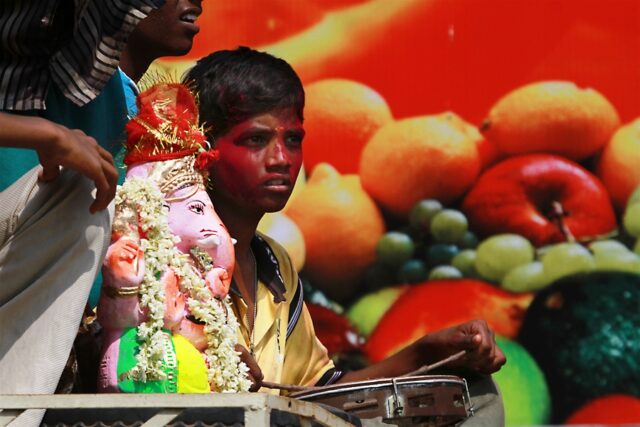
India has been painfully experimenting with a market based approach since 1990. Gurcharan Das in his second book on the question of Artha (wealth), titled India Unbound: The Social and Economic Revolution from Independence to the Global Information Age, (2000) describes economic reform as a process of inducing “pain in a slow incremental manner” (p. 320). The executive, the judiciary, the so-called objective liberal media, along with intellectuals, have been in tandem with each other and collectively propagated the idea that the functions of the sovereign must be minimized. This belief finds expression in the paradoxical slogan now popular as: minimum government maximum governance.
In legal parlance the very idea of sovereign function, i.e. core functions that are performed by the State, has been systematically diluted. This means in effect that the State has been compelled to withdraw itself from investing in social security measures like health care, education, right to food, job and so on. The main interest groups in India: prosperous farmers, the industrial bourgeoisie, middle class professionals, government employees, workers both unionized and non-unionized have all been affected in various shades.
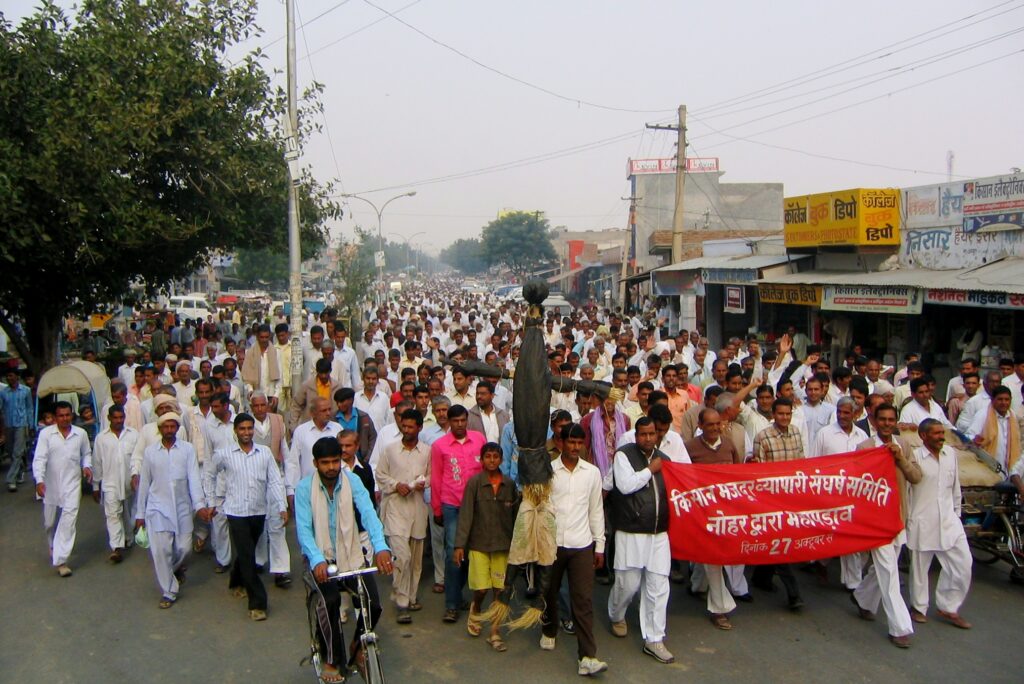
The prosperous farmers along with the industrial bourgeoisie were two such categories that had not thus far been administered pain in a slow incremental manner. While the industrial bourgeoisie has thus far been one of the prime beneficiaries, the prosperous farmer was the only category that had withstood the assault on his/her livelihood. The poor peasants had been wiped out long ago. The farmers who are protesting against the laws are those who are now going to suffer long-term penury. This is because if the might of the law is brought into full force, it would be tantamount to something more than just administering pain in a slow incremental manner. As we shall see for ourselves, if the whip of the law is applied as it stands now, it would amount to giving electric shocks to more or less the entire population. We shall see below that these laws are going to affect not just the peasants but also those who eat the food.
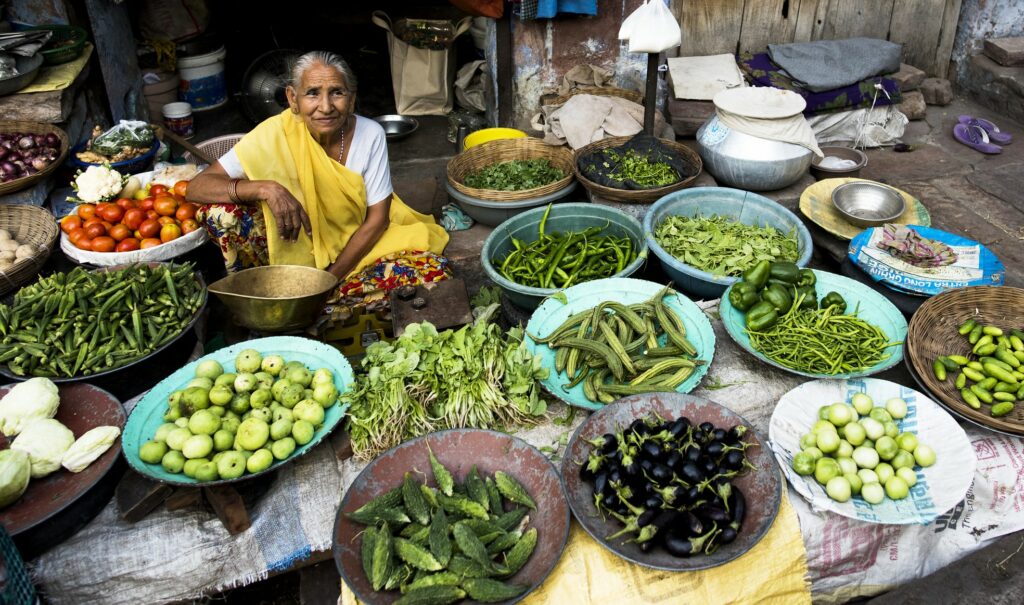
In the midst of the pandemic the central government has formulated three sets of legislation that are expected to facilitate the full-fledged entry of corporations into the farm sector. The three laws that have become the bone of contention include: Farmers’ Produce Trade and Commercial (Promotion and Facilitation) Act, 2020; the Farmers (Empowerment and Protection) agreement on Price assurance and Farm Services Act, 2020; and the Essential Commodities (Amendment) Act, 2020. These three pieces of legislation taken together form what I would call a legal tripod. Each set of law has been architecturally designed in such a way that it supports and complements the other. For the sake of clarity, let us examine each set of the tripod so that we can see for ourselves how the law is going to affect not just the protesting peasants but also the non-protesting middle class and lower class.
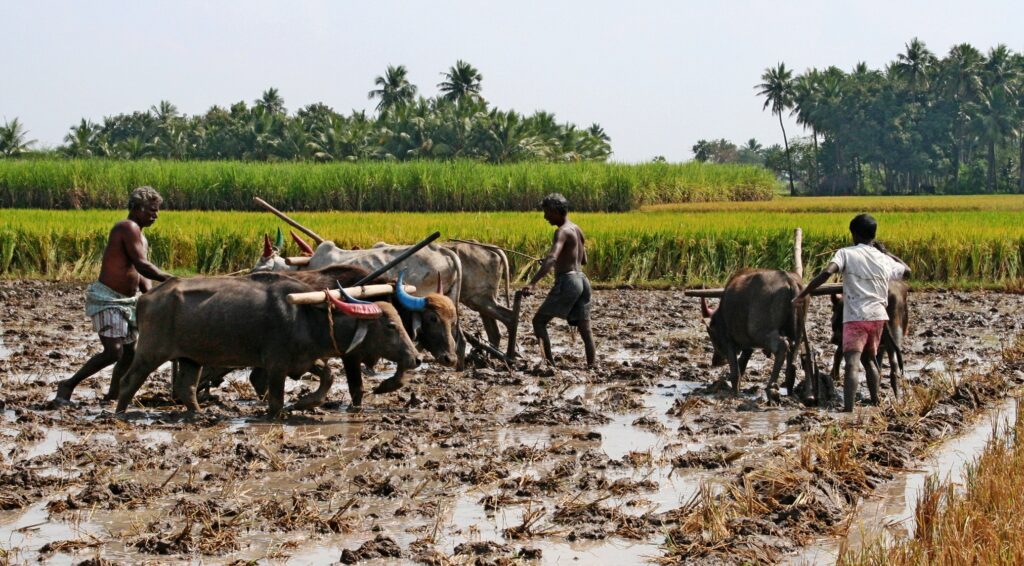
First Set of the Tripod
The Farmers’ Produce Trade and Commercial (Promotion and Facilitation) Act, 2020
The State has brought in this law ostensibly to provide “an ecosystem where the farmers and traders enjoy freedom of choice.” The law seeks to bypass the existing Agriculture Produce Market Committee (APMC) or Mandi-system. Under the new law anybody with a Permanent Account Number (PAN) card can directly purchase any agricultural product. On the face of it, the law does appear to be fair. After all, by opening up the farm sector the farmer now has a platter of choices to pick from. Hitherto the peasant was tied to the Mandi-system, now he or she can chose a buyer from an online portal and sell the product. If this is the case, then where is the problem? Isn’t this what Shekhar Guptas are arguing!
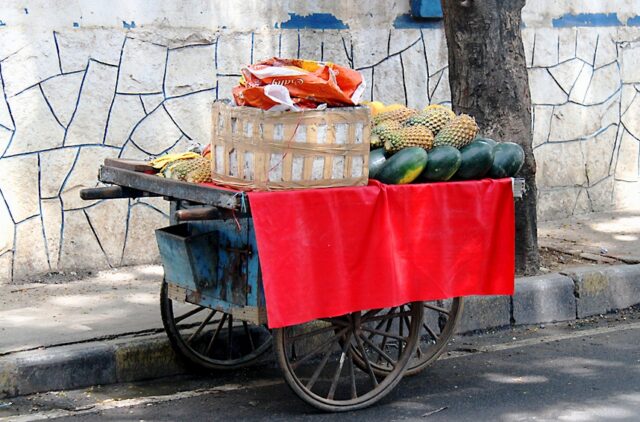
The farmers are protesting mainly because the law nowhere stipulates an assured Minimum Support Price (MSP). This means that the peasant, when facing the corporate, would have no safety net to fall back on. It would be an unequal contest between invisible forces of market and the peasant. So while the law enhances the number of buyers to whom the farmer can sell, it does not mean that a mere enhancement of the number of buyers would automatically mean that the farmer will be able to double his or her income. This is the point that the advocates of the law are missing or willfully misrepresenting to the public at large. Instead of assuring a maximum price the law has been crafted in such a way that the peasant may not be able to realize even the cost of production, which includes rent on land, interest on capital, cost of labor, machinery, storage, and cost of seeds and fertilizers.
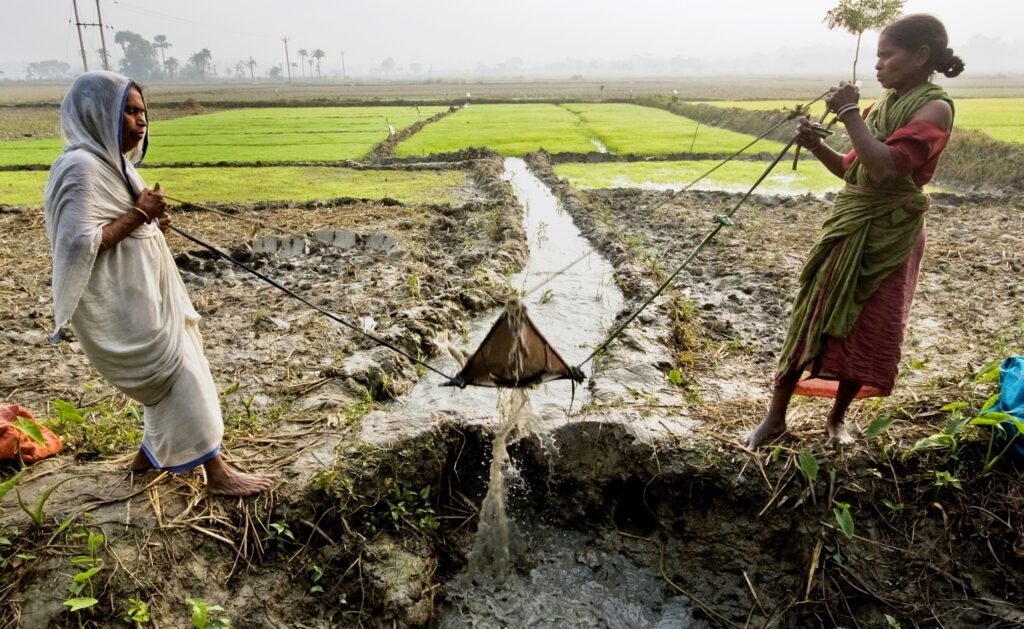
Secondly, the law completely does away with the power of civil court. One knows quite well that in a case where there is a commercial dispute, one has an absolute right to approach a legal forum to settle it. Right to legal remedy is an absolute fundamental right in India. Dr. Ambedkar, referring to article 32 which provides anyone with the right to approach the Supreme Court, had said that “article 32 is the heart and soul” of the Constitution. After all, what is a constitution that can’t be enforced? A farce. No! Right to legal remedy is a fundamental right that even the Indian Supreme Court cannot dilute. This would amount to tinkering with the basic structure of the Constitution. For the first time perhaps a law has been legislated that tells courts that you have no business to interfere. It tells the non-profit motivated lawyers and civil society groups that whatever may happen, you have no right to contest such wrong doings by filing a case. The High Courts along with the Supreme Court have been divested of their writ powers. All dispute settling power has been transferred into the hands of the civil servants, i.e the Sub-Divisional Magistrate (SDM) and District Magistrate (DM). And we as Indians, don’t we know from our long experience how plaint these executive officers can be? Further, under section 13 of the act, the law provides these executive officers with legal immunity. In plain English, this means that these officers or “any other person” (it could include corporate employees) when they do any act in good faith or intend to do so under good faith, such an act will not be subjected to any judicial scrutiny.
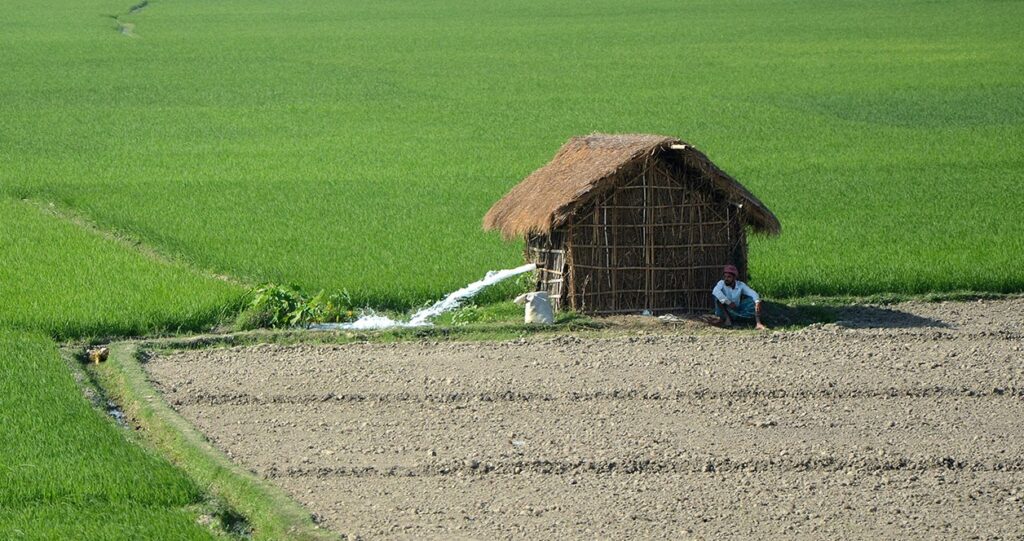
Second Set of the Tripod
The Farmers (Empowerment and Protection) Agreement on Price Assurance and Farm Services Ordinance, 2020.
This law seeks to provide a “national framework on farming agreement.” This law stipulates the broader framework or terms and conditions under which the farmer can sell his product to the sponsor or buyer. Again, on the face of it this law too could appear harmless. But the farmers are protesting mainly because this law just provides “mode and manner” of payment. There is no whisper of anything called Minimum Support Price. Secondly, as per section 7 (2) of the act, the bar related to stock limit has been done away with. To put it simply, in India one cannot hoard any quantity of food grains, as this is illegal. This new law enables corporations to hoard any quantity of food grain. In the long run it would mean that next time around, if there is a crisis like COVID-19, most people would be coerced to stand in queues that would take them straight to a shopping mall. And much like the First Set of the Tripod, this law too seeks to curb the powers of civil court. Section 19 of the law specifically bars one from approaching the civil court. Civil servants usually with zero training in the field of law and jurisprudence are expected to act and function like a Court. This explains why the advocates of the Punjab and Haryana state Bar Councils have rightly opposed the law in toto.
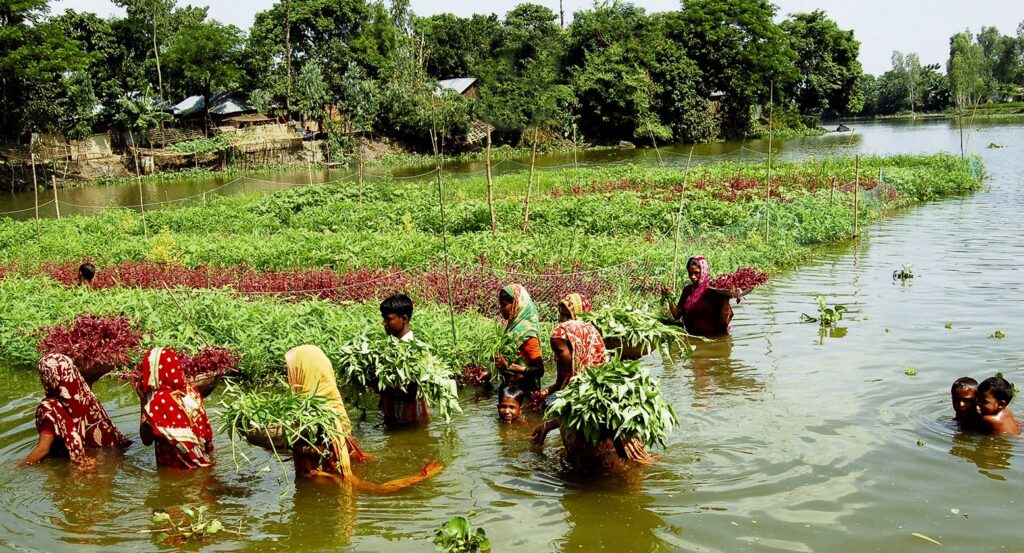
Third Set of the Tripod
This is not a new law but an amendment to an existing law known as Essential Commodities Act, 1955.
The executive has brought out this third law. It was brought into being by the Jawaharlal Nehru led government. The sole purpose of the law was stated in its preamble. This is an act which is in the “general interest of the people of India” for the purpose of “control of production, supply and distribution” of certain commodities. Under the old law the State could control and regulate the price, supply or production in situations where there was violation of fair price, or it related to defense of India or military operations. So these were specific situations when the State could regulate the price. To this the current government has added an amendment.
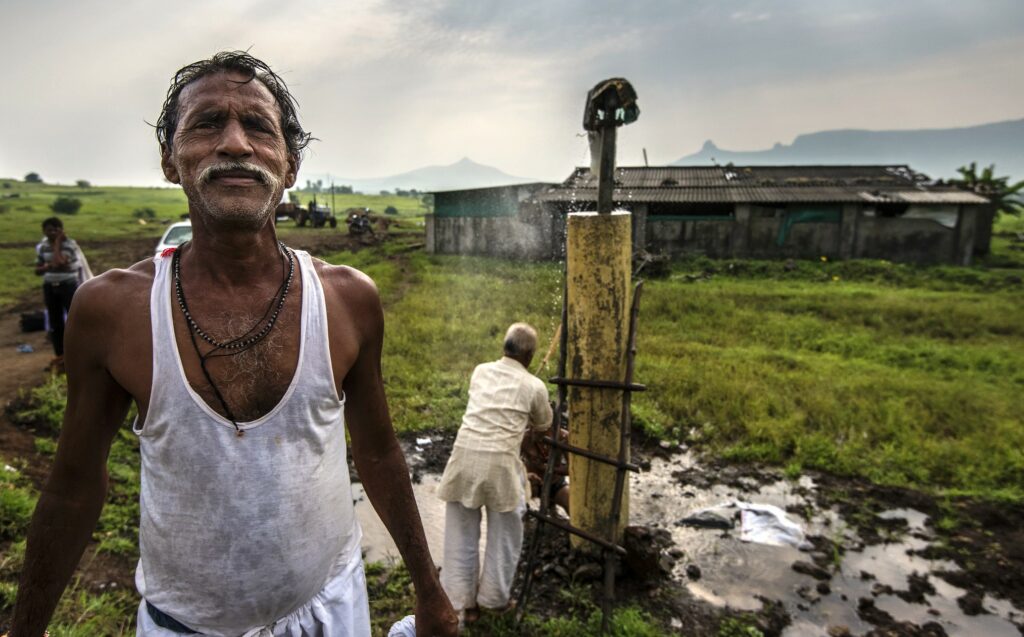
The new law adds a few more categories or situations when the State can intervene, and these are: war, famine, extraordinary price rise, or natural calamity. Again, on the face of it this law too appears benevolent. After all, it adds a few more situations where the state may act. So what is the problem? Well here it is: the law further adds two minor clutches. The first of them is that any order for imposing stock-limits which regulates the supply or distribution of the commodities can be passed only when there has been an increase in its price. The law mandates that unless there has been a 100 percent increase in horticulture products or 50 percent increase in retail price of non-perishable agricultural foodstuffs, no order to regulate supply, price, or distribution of a commodity can be issued. This could in practice translate to mean that once the law comes into full effect, the corporate may enhance the price of horticultural products by say 99 percent and keep it at that. What this could mean to the non-protesting middle class is something that is now clear. This amendment without doubt will add inflationary pressure on the economy of each household or kitchen that is already in doldrums.
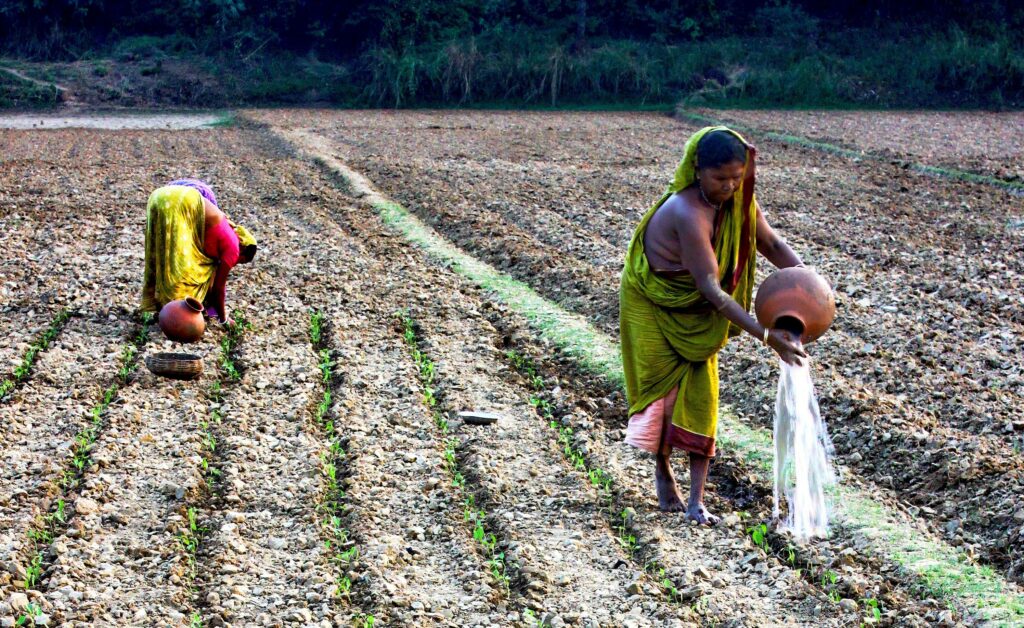
Summary and Conclusion
So before I end this piece, let me summarize all that I have just tried to explain to those who are essentially not trained to scratch legislation and divine meaning out of it. The first set of the tripod will allow entry of the corporations. The second set will enable them to buy without a minimum support price and will lift restrictions on stocking while it also assures legal immunity to those involved in the process of primitive accumulation. Finally, the third set of the tripod will enable the corporations to sell the farm products at a retail price that could be nearly doubled in cases of horticultural products or increased by 49.99 percent in cases of agricultural products.
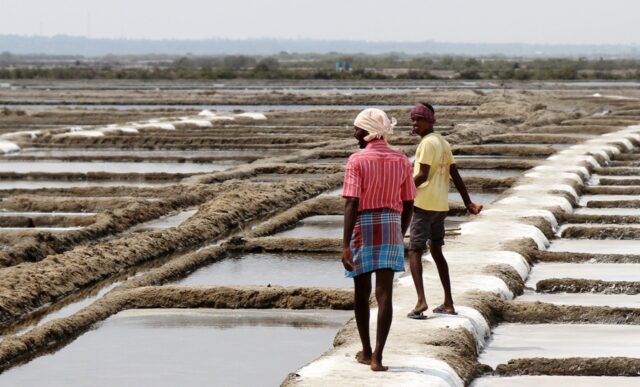
If after reading all of this, if you still think that these laws will be beneficial for you-who-eats or for the peasant-who-cultivates, perhaps you need to reread all of it once more. These laws allow the entry of corporations into the business of buying, storing and selling of grains and horticultural products at an enhanced price. It legally clears all hurdles that up till now had prevented large-scale hoarding. It is no one’s case that small-time players are not involved in these businesses or that only big corporations will be able to benefit. No doubt this law opens gates for small entrepreneurs as well. But the rule of game has been formulated in such a way that he who controls the dispute resolving authority shall have the day.
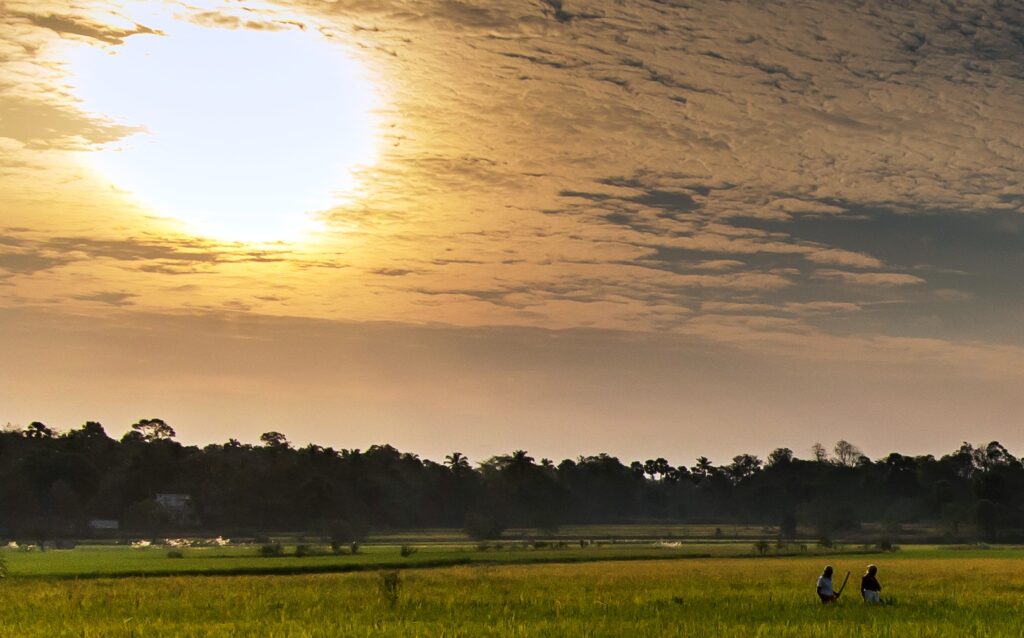
Those who claim that the protesting peasants are misled, or are anti-nationalist, separatist, communist, etc., should rethink. The anger of the peasantry is natural and springs from the material of their lived experiences. In any case, most of the states don’t have MSP for the farmers. The few states that do are being forced to give in. The apprehension of the Indian peasantry that these laws will contribute in large measure to their pauperization is not ill-founded. It appears that the peasantry too is fighting to defend their right to carry on their trade and profession and their right to seek recourse to legal remedy. At one level this appears to be a contest where the protestors are fighting the Goliaths of our society to ensure that their fundamental rights are respected. So this is not just their fight. When viewed from the larger prism, it is clear that this is not just a fight that peasants are fighting for themselves. It is for us as well.
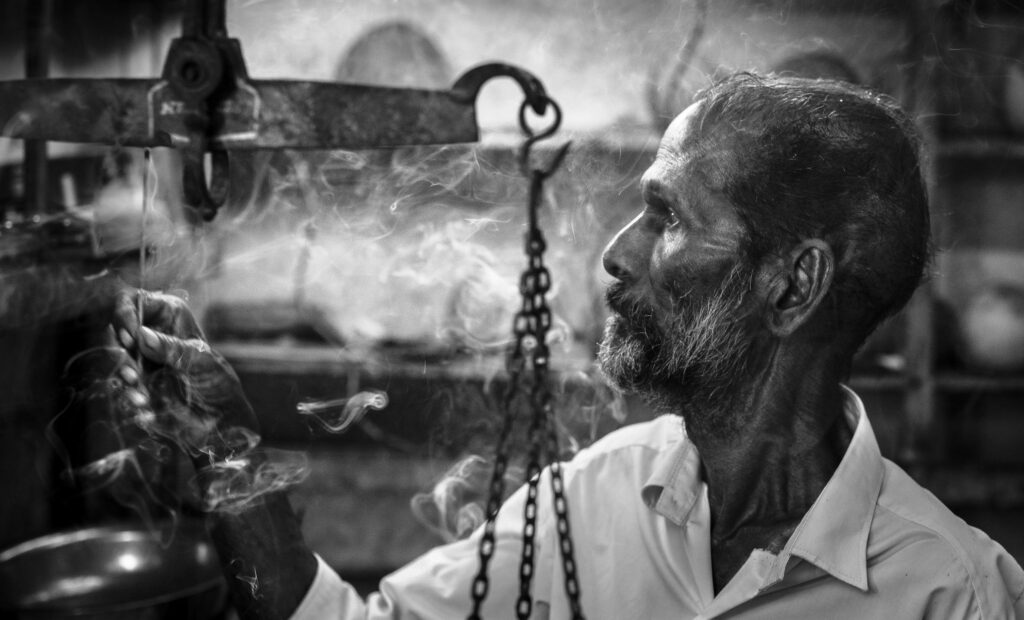
Before ending in summation, let me quote the great Slavophil novelist Dostoyevsky who wrote* in his Diary of a Writer, July-August 1876 that, “if you want a man to be reborn and changed for the better, endow him with land! There is something sacramental about the land…. A nation can only be born and rise to maturity on the land, on the soil in which grain and trees grow.”
This nation will invite a great tragedy if it overlooks his remarks.
Reference
*The above quote is from The Oak and the Calf, Aleksandr I. Solzhenitsyn, Translated by Harry Willetts, Harper and Row, 1975, p. 247.
Editor’s Notes: Imtiaz Akhtar is a lawyer living in Kolkata and the author of Kafka Sutra. Photographs three, nine, twelve and thirteen by David Baxendale; photographs four, six, seven, eight and ten from the archives of Water Alternatives; and photographs one,five and eleven by Aschevogel.
Live interview of Imtiaz Akhtar on this topic with Elphas Nkosi on South African based radio The Current Affairs Show, January 23, 2021.



















